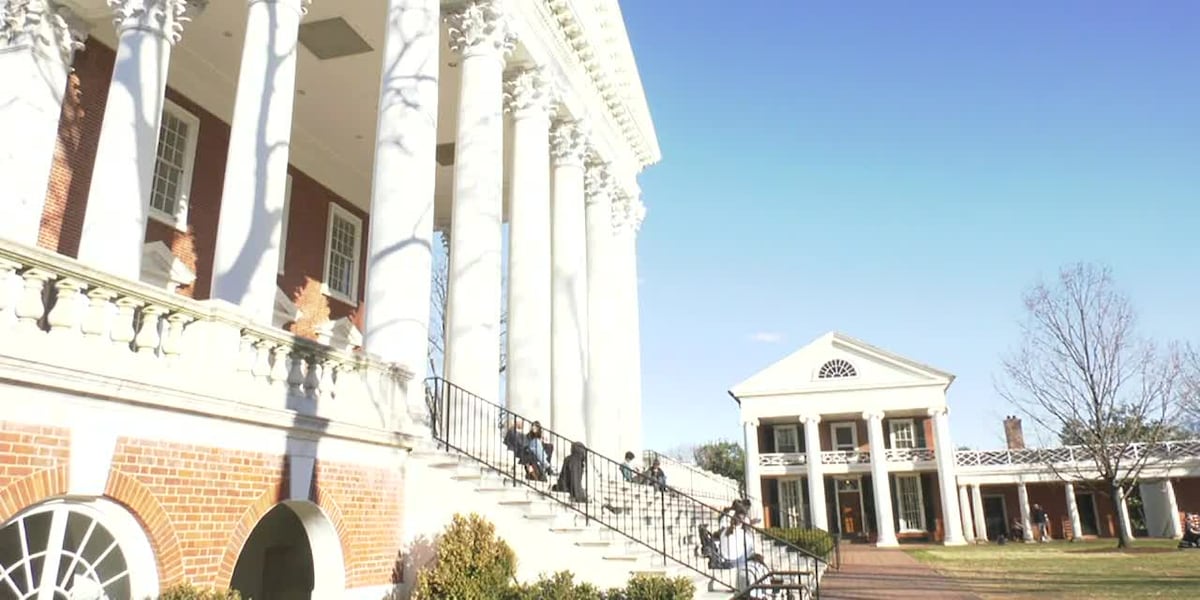Science Funding Shakeup: NSF Pulls Plug on UVA Research Grants

In a significant development, several National Science Foundation (NSF) research grants at the University of Virginia (UVA) have been abruptly halted, highlighting ongoing concerns about research funding during the Trump administration. A watchdog organization tracking grant cancellations revealed the unexpected terminations, raising questions about the potential impact on scientific research and academic progress at the prestigious institution.
The sudden cuts underscore the growing tensions between federal research funding and academic institutions, potentially disrupting critical scientific investigations and the careers of researchers who depend on these crucial grants. While the specific details of the terminated grants remain unclear, the incident reflects a broader pattern of research funding challenges that emerged during this period of political uncertainty.
Researchers and academic leaders at UVA are likely to be closely examining the reasons behind these grant cancellations and exploring potential avenues for appeal or alternative funding sources. The situation serves as a stark reminder of the vulnerability of scientific research to political and administrative shifts in federal funding priorities.
